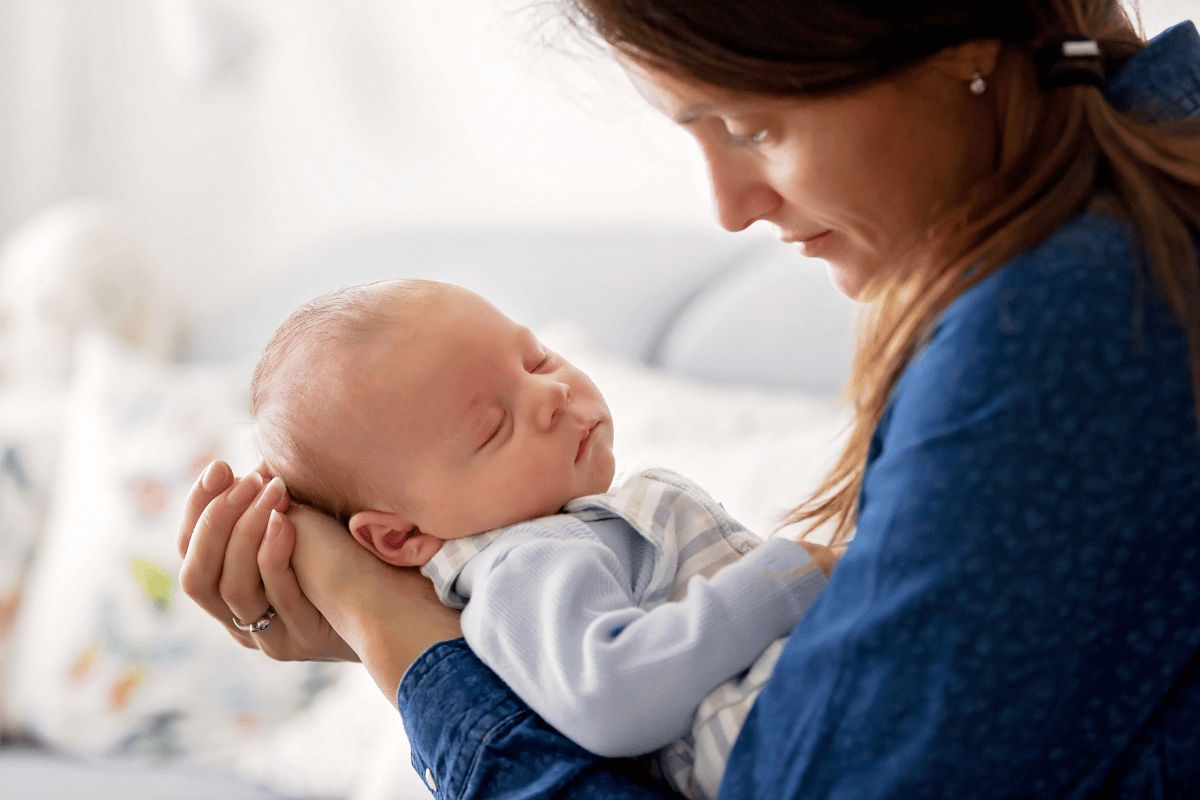

At some stage, most new parents will hear the question, "How are you finding things?" — and they have to decide whether to give the real answer or the expected one.
Maybe you remember being that new parent — exhausted and overwhelmed, wondering if what you were feeling was normal or something more. Or maybe you're the friend, family member or partner watching someone you care about struggle, unsure whether to say something or worry you'll make things worse.
According to Medibank Group Medical Director Dr Shona Sundaraj, postnatal depression affects one in five mothers and up to one in ten fathers. But despite how common it is, knowing when and how to talk about it — whether you're experiencing it yourself or supporting someone who is — can feel impossibly difficult.





























































































